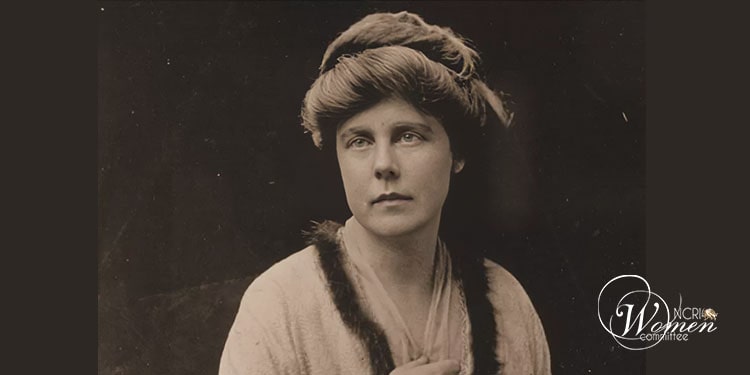Lucy Burns (July 28, 1879 – December 22, 1966) was a bold American suffragist, political activist, and co-founder of the National Woman’s Party, who played a central role in securing the 19th Amendment, granting women the right to vote in the United States.
Born in Brooklyn, New York, Burns was highly educated—studying at Vassar College, Yale University, and Oxford University—and was deeply inspired by the suffrage movement in Britain, where she met fellow activist Alice Paul. Together, the two became a driving force in the American fight for women’s rights, pioneering militant yet nonviolent tactics such as picketing the White House and organizing large-scale protests demanding equality.
Burns faced multiple arrests and endured harsh treatment, including imprisonment at the Occoquan Workhouse, where she led hunger strikes to protest the mistreatment of suffragists. Her courage and determination drew national attention, helping to galvanize public support for the suffrage cause.
After the passage of the 19th Amendment in 1920, Lucy Burns retired from public activism but remained a lasting symbol of resilience, sacrifice, and the unyielding spirit of equality.
